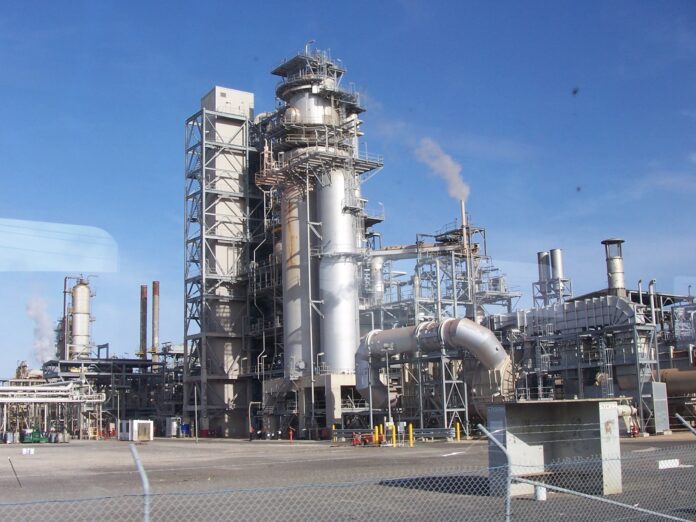Escalating geopolitical risk has increased oil and gold prices while Asian stock markets plummeted following firing of Iranian missiles at US airbases in Iraq on Wednesday.
Gold life to $1,600, and a further escalation is likely to attract more safe-haven flows. Still, with the near-term position builds hovering around 12-month highs, it increases the risks of a large-scale meltdown if tensions suddenly ease.
While Gold’s sensitivity to geopolitical risks appears higher than any other defensive assets at the moment, it’s worth noting that surges in geopolitical risk can, by their nature, be short-lived and volatile. Still, it’s tough not to get encapsulated by the heat of the moment when it comes to the fog of war.
Oil also spiked alarmingly when Iran’s Revolutionary Guard announced the move.
Brent crude immediately bounced back over the $70 mark — levels last seen when Saudi Arabia’s oil processing sites were attacked in September.
Equities suffered as investors tried to protect themselves from risk — as this chart of Japan’s Topix index shows:
Investors are dashing for cover today as tensions in the Middle East escalate – rattling markets and sending asset prices swinging wildly.
Tokyo’s stock market benchmark fell nearly two per cent before recovering some of its losses and Hong Kong’ was off 1pc. Shanghai, Australia and Southeast Asian markets also retreated.
“Investors appear to be pricing for an all-out war,” Jingyi Pan of IG said in a report.
Gold hit a seven-year high, and oil spiked back over $70 per barrel, after Iran launched a missile attack on two US military bases in Iraq.
The attack, which began at 1.30am local time on Wednesday, is Tehran’s first retaliation to the death of general Qassem Soleimani in a US drone attack last week.
More than a dozen missiles were fired, which Iranian foreign minister, Javad Zarif, described as “proportionate measures in self-defence”. No casualties have been reported yet, but the situation is still unclear. The Islamic Revolutionary Guard Corps (IRGC) declared:
“The brave soldiers of IRGC’s aerospace unit have launched a successful attack with tens of ballistic missiles on the al-Asad military base in the name of martyr General Qassem Suleimani.”
Although Donald Trump swiftly tweeted that “all is well”, the markets fear further escalation between the two sides. The sad news that a Ukranian passenger jet had crashed leaving Tehran Airport will also weigh on the aviation sector, although it doesn’t appear linked to the Iranian missile attack.
Investors dashed for save-haven assets, driving gold over $1,600 per barrel for the first time sine 2013.
Fears of oil supply disruption from the Gulf region sent Brent crude spiking up to $71.75, a new four-month high, although prices have subsided a little since.
Asia-Pacific equity markets are also spooked, with Japan’s Nikkei down 1.5% and China’s CSI 300 shedding 1.2%. European markets are set to fall, with Germany’s DAX seen down 1%.
Nigel Green, CEO of financial advisory firm deVere Group, says the crisis is worrying investors as they can’t predict the next moves – how will Trump respond to Iran’s retaliation?
“Geopolitical tensions are certainly heightening, and this always creates uncertainty – something which markets typically loathe as it becomes more difficult to know where things are headed. In other words, they can’t price uncertainty.
“In many regards, the U.S.-Iran situation has now surpassed the U.S.-China trade war as the biggest risk to financial markets. This has been reflected in the current volatility.”
But Green also advises against panic selling – he recommends staying diversified, and holding your nerve.
























